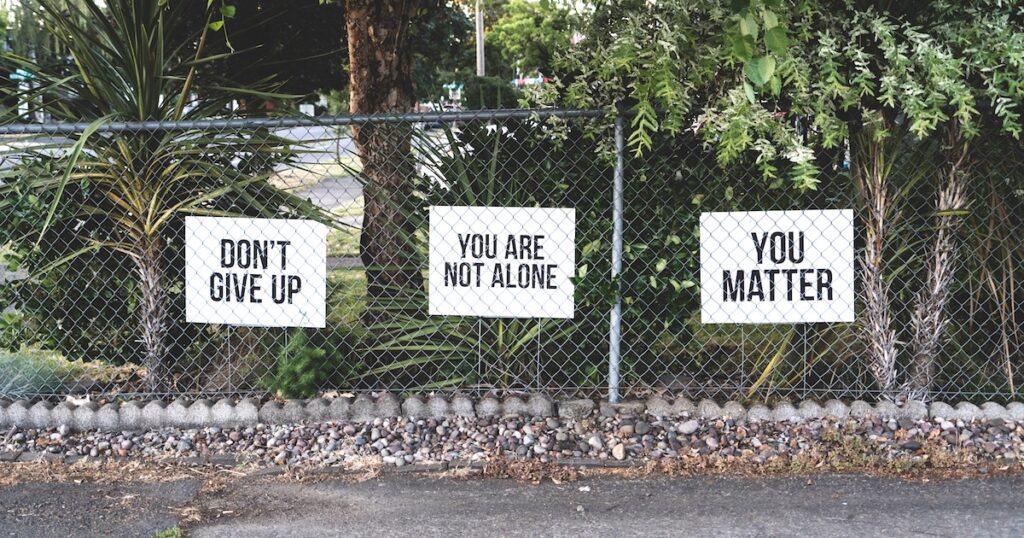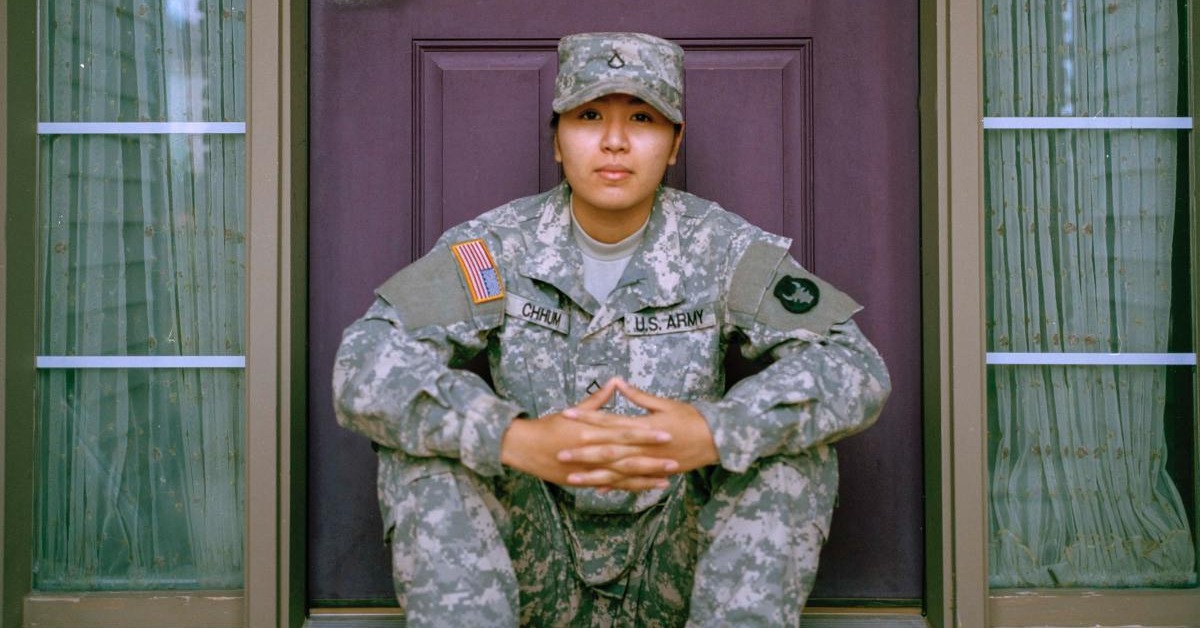
Where Do Epidemiologists Work?
Epidemiologists work in many settings, including hospitals, universities, and federal, [...]

You can’t read the headlines without coming across stories covering America’s drug crisis. Substance use disorders affect millions of adults and teens in this country—19.7 million adults and nearly 1 million teens, according to American Addiction Centers. A combination of genetics, environmental factors, age, and mental health disorders all can increase one’s risk of drug use and addiction.
As a substance abuse social worker, your career challenges will be plentiful. While nearly 21 million people need help for their disorder, only 4 million (19 percent) receive treatment. Another staggering fact? The relapse rate for those who receive treatment is 40 to 60 percent.
In other words, you’ll have your work cut out for you as a substance abuse social worker. The need for committed, perseverant professionals who serve those with substance use disorders has never been greater.
In this article, we’ll cover:
According to the National Association of Social Workers (NASW) document NASW Standards for Social Work Practice with Clients with Substance Abuse Disorders, the responsibilities of a substance abuse social worker include:
In a nutshell: the work is challenging. Many substance abuse, behavioral disorder, and mental health counselors leave the field after only a few years, according to National Institutes of Health study. Mentally prepare for what life might be like on the job with a few key work environment details:
According to US News & World Report, the job may come with above-average stress and below-average upward mobility. Despite all that, US News rates substance abuse and behavioral disorder counselor the fourth-best social service job in America (behind lawyer, school psychologist, and political scientist). Those who do this job clearly derive some satisfaction from it. It’s likely not the pay: all three of the higher-ranking jobs pay at least 50 percent more.
| University and Program Name | Learn More |
|
Merrimack College:
Master of Science in Clinical Mental Health Counseling
|
|
|
Virginia Commonwealth University:
Online Master of Social Work
|
Your first professional experience in the field may be an internship in substance use disorder services. Seek out this opportunity as an undergrad, or while earning your Master of Social Work (MSW) degree. Beyond completing your MSW, you’ll need to earn your social work license. From there, your career growth as a substance abuse social worker will ultimately follow the path you choose, be it working in an outpatient facility, a local government agency, or elsewhere.
According to the BLS, the top employers of mental health and substance abuse social workers are:
The top-paying employers for social work are:
The top states for jobs for clinical social workers in substance abuse are:
The broader field of substance abuse, behavioral disorder, and mental health counseling is expected to grow 22 percent through 2028, nearly four times the rate at which the entire job market should grow over that same period. Some areas where there will be an uptick in demand include:
According to Baltimore City Community College, an effective substance abuse social work and mental health counseling should have the following skills:
How do you acquire (and maintain) the more tactical skills needed to be a substance abuse social worker? In its NASW Standards for Social Work Practice with Clients with Substance Abuse Disorders, the NASW recommends substance abuse social workers:
NASW guidelines recommend that substance abuse social workers should meet these educational and licensing qualifications:
To meet these requirements, you’ll first need to complete a four-year bachelor’s degree. A Bachelor of Social Work (BSW) is not necessarily required; a bachelor’s in any field will suffice, although you may be required to take additional pre-MSW courses before beginning graduate study. You’ll likely need to earn an MSW for most social work jobs, which usually takes an additional two years. There is a fast-track MSW option that can be completed in as little as 16 months.
It is possible to become a substance abuse, behavioral disorder, or mental health counselor without a graduate degree. According to the BLS, the minimum education requirement for this related position is a bachelor’s degree. Some employers may even accept candidates with high school diplomas and certifications. However, an MSW ensures that you will qualify for nearly all positions in this field and will position you best for advancement to positions with more responsibility.
If you already know you’d like to specialize in substance abuse, you’ll want to make sure the social work program you choose offers strong foundational coursework, including classes in exploring the dynamics of chemical dependency. Keep in mind that where you study will likely be where you end up doing fieldwork.
MSW programs that offer a focus on substance use disorders include:
No certifications are required to practice substance abuse social work. However, specialized certifications are almost always valuable, as they signal your expertise and commitment to potential employers.
The NASW offers one specialized certification for substance abuse social workers who hold a social work master’s. It’s called the Certified Clinical Alcohol, Tobacco & Other Drugs Social Worker (C-CATODSW). To qualify, you must have:
If you want to become a substance abuse social worker, know this: You’re making a deep commitment to a high-stress job, but one in which you will unquestionably help others desperately in need of your support. The attrition rate tells you this job isn’t for everyone, but if you’re committed to the population you serve and can tolerate the inevitable disappointments you’ll encounter, you might just be one of those substance abuse social workers who thrive in the profession.
Questions or feedback? Email editor@noodle.com

Epidemiologists work in many settings, including hospitals, universities, and federal, [...]

We explain the steps necessary to become a licensed mental [...]

Domestic violence call centers in the US field 20,000 calls [...]

If you're passionate about improving service members' quality of life [...]

Pediatric social worker means much more than the job title [...]
Categorized as: Counseling, Social Work, Social Work & Counseling & Psychology